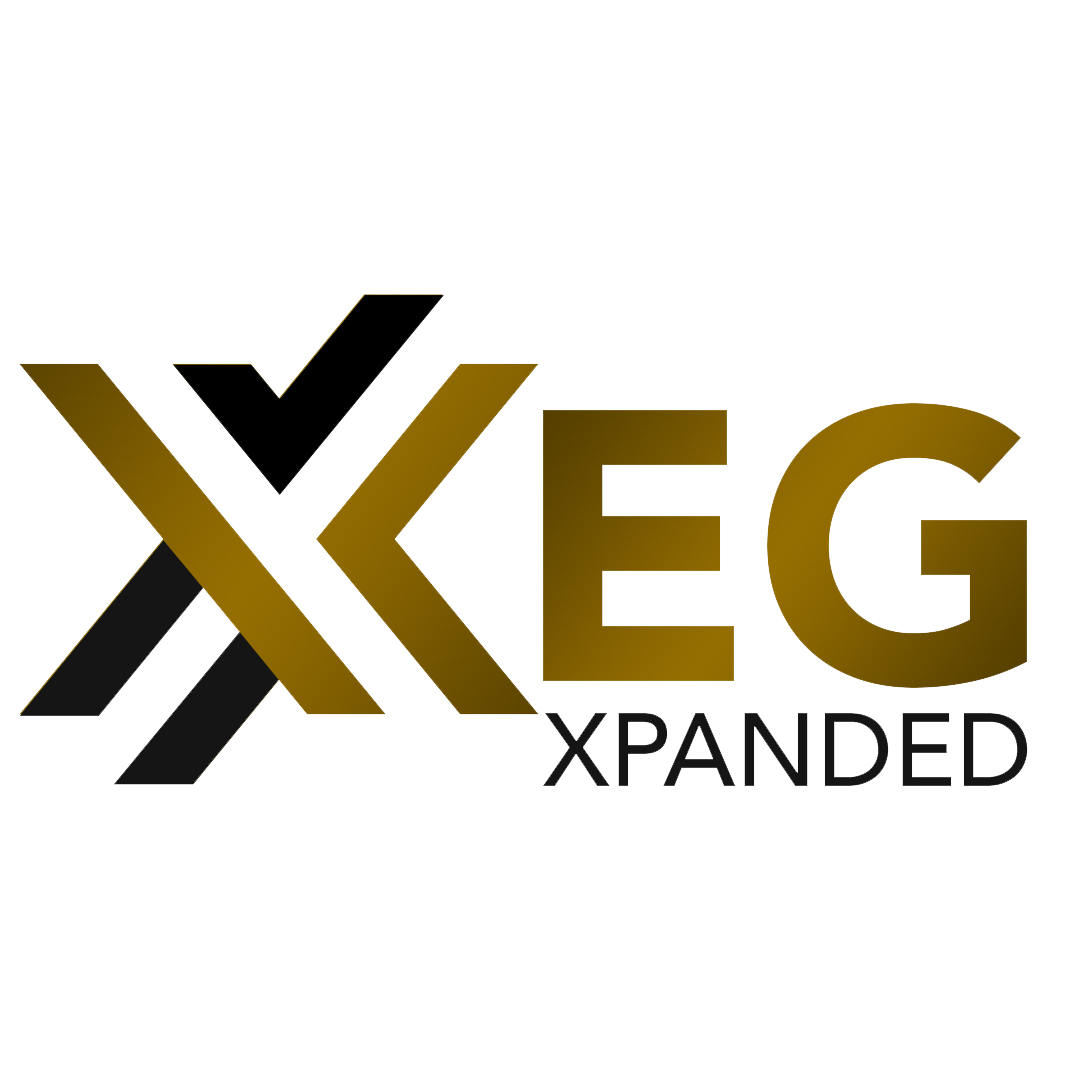Investment Strategy Trends 2025: How to Build a Future-Proof Portfolio
Introduction
The way we invest is changing. From real estate investments in Edmonton to digital assets and ESG funds, 2025 is shaping up to be a year where strategy matters more than ever. Investors are asking: How do I protect my wealth while also positioning for growth?
This blog explores the most important investment strategy trends influencing portfolios today. We’ll cover real estate, stocks, alternative assets, and digital transformation—plus show how Edmonton, one of Canada’s fastest-growing property markets, is becoming a hub for smart investors.
1. Value and Quality Investing: The Return to Fundamentals
For years, growth stocks dominated. But with rising inflation and market uncertainty, investors are shifting to value and quality investing—focusing on strong balance sheets, dividends, and stable cash flows.
Canadian sectors leading this trend: banks, utilities, and energy.
Why it works: consistent income, resilience during downturns, and lower volatility.
💡 Tip: Look for companies with sustainable dividends. Investors in 2025 want income and safety, not just speculation.
2. Real Estate Investment Strategies in 2025
Real estate remains one of the most powerful wealth-building tools, especially in Edmonton’s property market.
Why Edmonton is Attractive
Affordable housing compared to Toronto & Vancouver.
Strong rental demand due to population growth and immigration.
New zoning reforms allowing “missing middle” housing (multi-family up to 8 units).
Investment Opportunities
Buy-and-hold rentals → consistent passive income.
Multi-family housing → strong yields from newcomers and students.
Transit-oriented development (TOD) → value growth near Edmonton’s LRT expansion.
🔑 Keyword cluster: Edmonton real estate investment, passive income, rental demand, multi-family property.
3. ESG and Sustainable Investing
Sustainability is no longer optional. ESG (Environmental, Social, and Governance) funds are gaining momentum as both institutional and retail investors prioritize climate-conscious portfolios.
Green real estate: energy-efficient homes, smart buildings, and net-zero communities.
ESG ETFs: gaining traction in Canada.
Renewable energy infrastructure: solar, wind, and hydrogen projects in Alberta.
4. Alternative Investments for Diversification
With volatile markets, investors are seeking alternative assets:
Private equity & venture capital – early growth opportunities.
Commodities – gold, lithium, rare earths.
Infrastructure – logistics hubs, data centers, clean energy.
Farmland – stable, inflation-resistant investments.
Edmonton and Alberta investors are seeing opportunities in industrial real estate, especially warehouses and logistics tied to e-commerce growth.
5. Digital Transformation: The Future of Investing
Technology is reshaping investment strategies:
Tokenization of real estate – fractional ownership through blockchain.
AI-powered portfolios – robo-advisors and algorithmic trading.
Cryptocurrencies & Bitcoin ETFs – moving toward mainstream adoption.
SEO keyword placement: digital assets, tokenization, AI investing.
6. Passive Income & Rental Strategies
Cash flow is king in 2025. Investors are prioritizing income-generating assets over speculative growth.
Dividend stocks and REITs provide regular payouts.
Long-term rentals in Edmonton: strong demand from students, newcomers, and professionals.
Short-term rentals (Airbnb/VRBO): profitable in tourism and downtown hubs.
📌 Edmonton’s average rent is now over $1,500/month and rising, making rental strategies especially attractive.
7. Demographics and Generational Trends
Baby Boomers: Focused on income & wealth preservation.
Gen X: Balancing growth and real estate stability.
Millennials & Gen Z: Driving ESG, crypto, and tech investing.
Canada’s immigration-driven growth fuels multi-family property investment in Edmonton, one of the fastest-growing cities in North America.
8. Lower Interest Rates = New Leverage Opportunities
With rates trending lower, expect more:
Leveraged real estate purchases.
Infrastructure financing.
M&A activity as borrowing becomes cheaper.
Investors are re-leveraging to scale portfolios, especially in affordable real estate markets.
9. Data-Driven Investing
Today’s investors use big data and analytics to:
Predict rental demand neighborhood by neighborhood.
Spot undervalued assets.
Manage risk with AI-based tools.
Real estate platforms tracking Edmonton’s zoning changes and rental yields give investors a clear edge.
10. Emerging Niches in 2025
Forward-looking investors are exploring niches like:
Healthcare real estate (clinics, seniors housing).
Cold storage facilities (e-commerce & pharma logistics).
Digital/metaverse real estate.
Impact investing with social-good mandates.
Conclusion: Building a Future-Proof Portfolio
The best investment strategy trends of 2025 share a common theme: adaptability.
To succeed:
Diversify across stocks, real estate, and alternative assets.
Focus on cash flow & sustainability for long-term resilience.
Adopt digital tools to stay competitive.
Watch markets like Edmonton, where affordability and growth create unique opportunities.
👉 Whether you’re investing in Edmonton real estate or building a global portfolio, the winning strategies will balance traditional fundamentals with forward-looking innovation.
